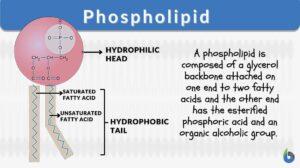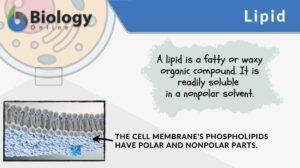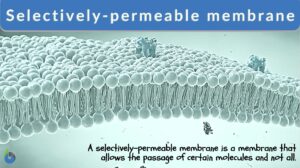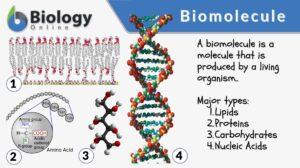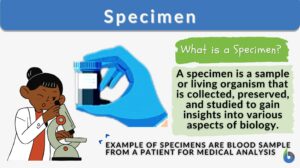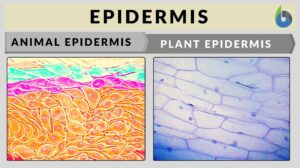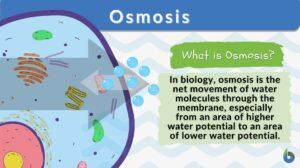Search Results for: hydrophilic
Hydrophilic
Hydrophilic Definition What does a hydrophile (or hydrophilic molecule) mean? If a molecule is “water-loving”, it is... Read More
Amphipathic
Amphipathic Definition Amphipathic is a word used to describe a chemical compound containing both polar (water-soluble) and... Read More
Hydrophobic
Hydrophobic Definition The fear of mixing or reacting with water under a given set of reaction parameters is often referred... Read More
Phospholipid
What is a phospholipid? Phospholipids are a subgroup of lipids. Other major types of lipids are fatty acids, sphingolipids,... Read More
Cell membrane
Cell Membrane Definition Just like any non-living body possesses a plastic or paper packaging material that keeps the... Read More
Plasma membrane
Do all cells have a plasma (or cell) membrane? Yes, all cells have a biological membrane that separates the protoplasm from... Read More
Selectively-permeable membrane
Selectively Permeable Membrane Definition We can define selectively permeable membranes as those that are selectively... Read More
Chemical Composition of the Body
In order to fully understand the mechanisms of human physiology, it is important to have an understanding of the chemical... Read More
Fluid mosaic model
Fluid Mosaic Model Definition What is the fluid mosaic model? The fluid mosaic model is a three-dimensional representation... Read More
Biomolecule
A molecule is an electrically neutral, group of atoms that can exist alone in a free state while its characteristic... Read More
Hydrophile
Definition noun, plural: hydrophiles (chemistry) A molecule or compound that is hydrophilic or having an affinity for... Read More
Spheroprotein
Definition noun, plural: spheroproteins A type of protein characterized by being globular or spherical in shape, and... Read More
Protonophore
Definition noun, plural: protonophores The ionophore carrying protons to facilitate crossing the lipid... Read More
Facilitated diffusion
Facilitated diffusion is the transport of substances across a biological membrane from an area of higher concentration to an... Read More
Polypeptide
Polypeptide Definition Biology What are polypeptides? A polypeptide is defined as a polymer of amino acids joined together... Read More
Concentration gradient
What is a concentration gradient? A gradient is a measure of how steep a slope is. Thus, a concentration gradient would be... Read More
Sugar-phosphate backbone
Definition noun A structural component of DNA that consists of 5-deoxyribose sugars and phosphate groups involved in... Read More
Endomembrane system
Ever wondered how biomolecules are made within the cell and then they are released outside the cell for use by the body?... Read More
Erythrocyte
Erythrocyte Definition Erythrocytes (red blood cells or RBCs) are the myeloid series of specialized cells that play an... Read More
Phosphate group
Definition noun, plural: phosphate groups (biochemistry) A functional group or radical comprised of phosphorus attached to... Read More
Metabolism
Metabolism Definition What is metabolism in the body? Metabolism encompasses the various biochemical processes, reactions,... Read More
Humoral immunity
Let’s get to know where one should place humoral immunity, the topic of today’s discussion!! By the end of the article,... Read More
Phospholipid bilayer
Definition noun The two layers of phospholipids arranged in such a way that their hydrophobic tails are projecting inwards... Read More



